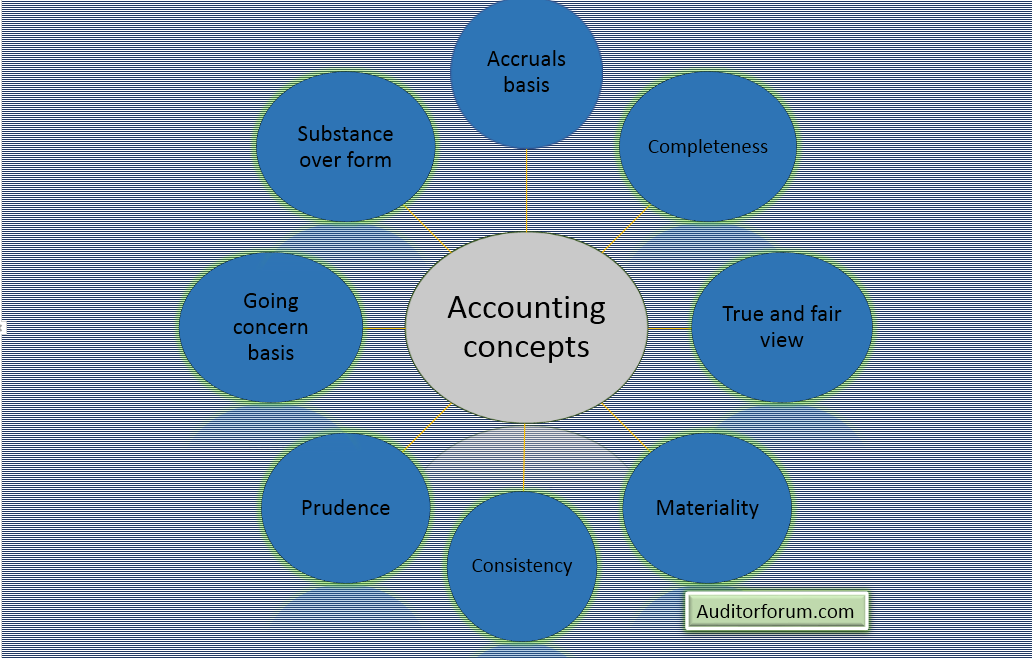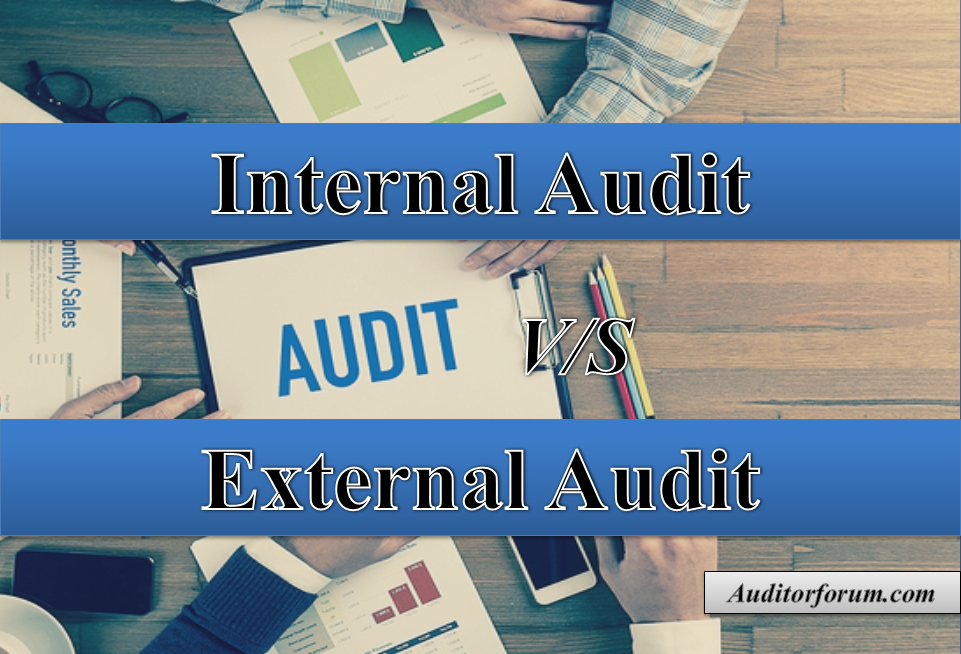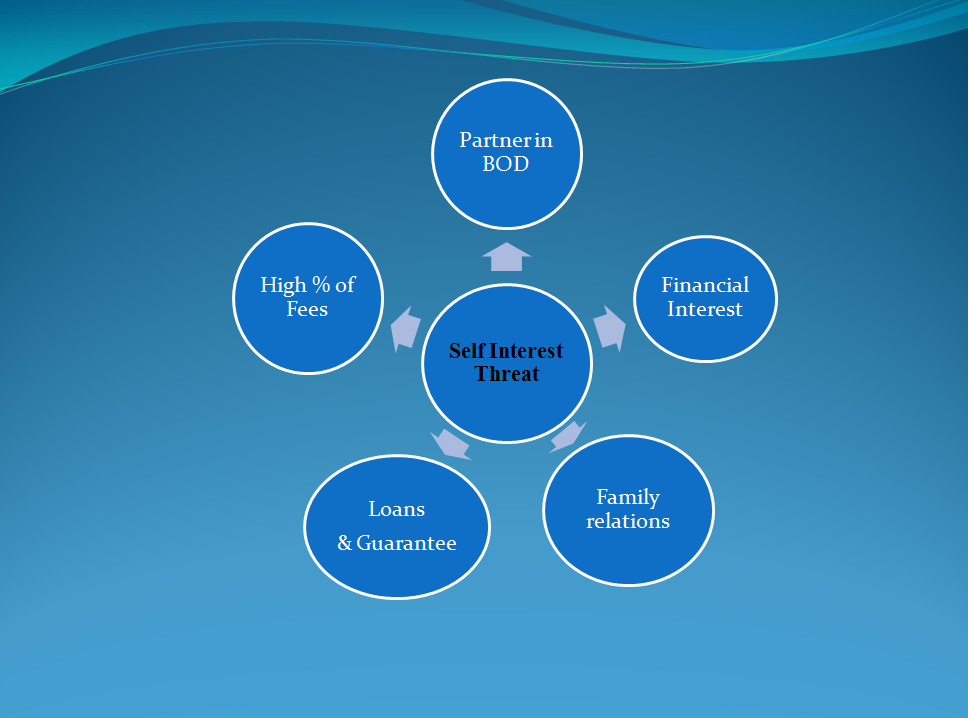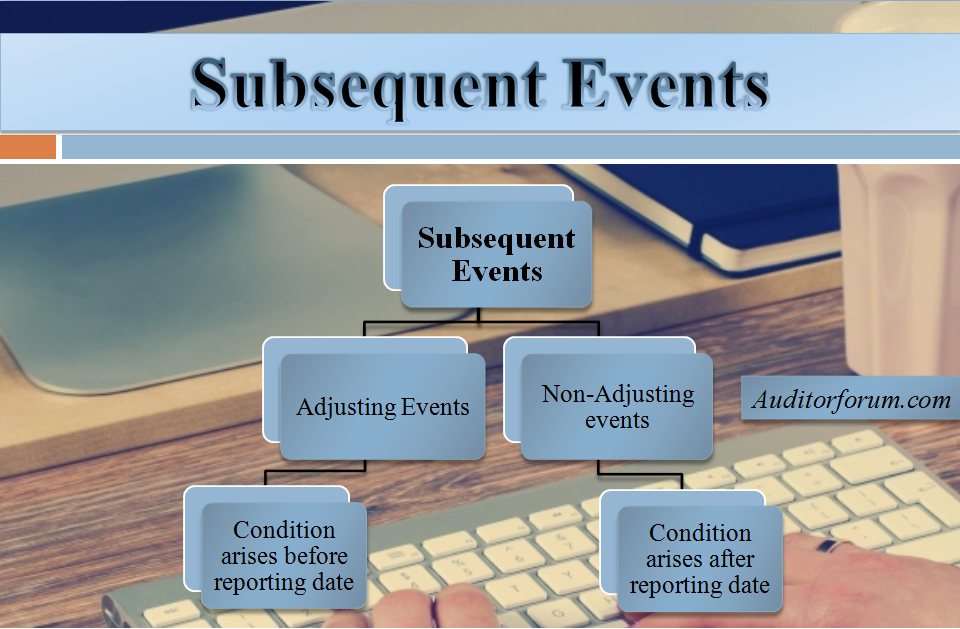What are basic accounting Concepts and accounting Principles?
Accounting is an art, not a science like physics or mathematics, where methods can be validated by natural laws. A generally accept set of rules can provide a unity of understanding and also a unity of approach in the practice of accounting. In developing the structure of accounting theory and to relate the theory to accounting practice, the accounting profession has agreed to take for granted certain basic accounting concepts and accounting principles.
These are the basic accounting concepts and accounting principles:
- Accruals basis
- Completeness
- True and fair view/faithful representation
- Materiality
- Consistency
- Prudence
- Going concern basis
- Substance over form
- Accruals basis:
Accruals basis accounting (accruals accounting, the accruals concept) depicts the effects of transactions and other events and circumstances on a reporting entity’s economic resources and claims in the periods in which those effects occur, even if the resulting cash receipts and payments occur in a different period.
- Revenue from sales and other income should be reported in the period when the income arises (which might not be the same as the period when the cash is received).
- The cost of sales in the statement of comprehensive income must be matched with the sales. Income and ‘matching’ expenses must be reported in the same financial period.
- Other expenses should be charged in the period to which they relate, not the period in which they are paid for.
- Completeness:
Completeness refers to whether all transactions that occurred during the period have been recorded.The objective of financial reporting is to provide useful information. Information is only useful if a person can rely on it.To be reliable, information should be complete, subject to materiality and cost.(There is no need to include information if it is not material, and greater accuracy is not required if the cost of obtaining the extra information is more than the benefits that the information will provide to its users).
- True and fair view/faithful representation:
Financial statements should give a true and fair view of the financial position, financial performance and changes in financial position of an entity. Another way of saying this is that financial statements should provide a faithful representation of these. This is achieved by following all the rules set out in law and accounting standards.
The relevance of information is affected by its materiality. Information is material if omitting it or misstating it could influence decisions that users make on the basis of financial information about a specific reporting entity. An error which is too trivial to affect a user’s understanding of financial statement is referred to as immaterial.There is no absolute measure of materiality that can be applied to all businesses.In other words there is no rule that says any item greater than 5% of profit must be material. Whether an item is material or not depends on its magnitude or its nature or both in the context of the specific circumstances of the business.
- Consistency:
The content of the financial statements must be presented consistently from one period to the next. The presentation can be changed only if necessary to improve the quality of information presented in terms of its usefulness to the users or if a new rule requires a change.
- Prudence:
Prudence involves allowing for some caution in preparing financial statements, by making reasonable and sensible allowances in order to avoid overstating assets or income and to avoid understating expenses or liabilities. Financial statements must sometimes recognize the uncertainty in business transactions. For example, if a business is owed Rs. 1,000,000 by a number of its customers, there will be some uncertainty as to whether all the money will actually be collected.
- Going concern basis:
This means that financial statements are prepared on the assumption that the entity will continue to operate for the foreseeable future, and does not intend to go into nor will be forced into liquidation. The going concern assumption is particularly relevant for the valuation of assets.The going concern basis of accounting is that all the items of value owned by a business, such as inventory and property, plant and equipment, should be valued on the assumption that the business will continue in operation for the foreseeable future. The business will not close down or be forced to close down and sell off all its items (assets). This assumption affects the value of assets and liabilities of an entity, as reported in the financial statements. If a business entity is not a going concern, and is about to be closed down and liquidated, the value of its assets would be their estimated value in the liquidation process. Assets are valued differently on a going concern basis.
- Substance over form:
The use of the term faithful representation (see above) means more than that the amounts in the financial statements should be materially correct. It implies that information should present clearly the transactions and other events that it is intended to represent. To provide a faithful representation, financial information must account for transactions and other events in a way that reflects their substance and economic reality (in other words, their true commercial impact) rather than their legal form. If there is a difference between economic substance and legal form, the financial information should represent the economic substance.
- Periodicity concept:
Since the going concern concept postulates that the business will keep functioning continuously, accountants choose some convenient segment of time to ascertain income for that period. This periodic concept requires that a Profit and loss Account and a Balance Sheet should be prepared at a regular intervals to ascertain information about the business unit for all sort of purposes—performance evaluation, tax computation, budgetary control and the like.
For further updates on accounting concepts and accounting principles keep visiting auditorforum.com. We are keen to know your feedback on this topic at auditor forum.






